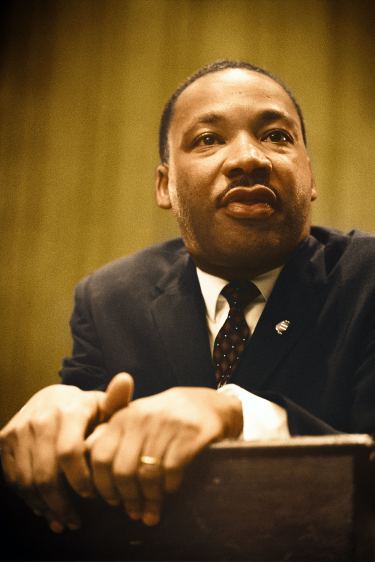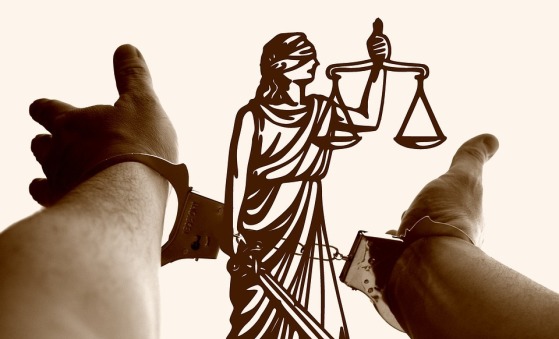
Yesterday, the 15th of January, happened to be MLK Day, the birth anniversary of the civil rights leader Martin Luther King Jr. Alongside Gandhi and Mandela, he is perhaps the most popular face of the 20th century. Much can be said about MLK’s legacy and his continual influence, five decades after his death. His life is being celebrated throughout the US this weekend. Thousands of miles away, beyond the ocean, as I write, my country is preparing for a historic day, roughly a week from today.
The 'Ram Mandir' is scheduled to be inaugurated by the Hon'ble Prime Minister on the 22nd of January, and the grand celebration is set to begin today. I would prefer not to delve into the historical context, nor do I want to make this a political commentary. India is a free and democratic country, and the majority of Hindus in our land have every right to construct a temple to their deity on any piece of land they consider sacred. The Supreme Court’s decision should be respected by everyone. In writing this, I mean no ill will towards my Hindu brothers. However, there are indeed a few things bothering me amidst this grand ritual.
A piece of surprising news I read a few days ago cited, that Indaresh Kumar, an RSS national executive member urged Muslims to chant "Shri Ram, Jai Ram, Jai Jai Ram" at osques, dargahs, and madrassas during the Ram temple consecration ceremony in Ayodhya on January 22. While the appeal was made to Muslims in particular, it is quite concerning. The whole logic behind such statements is mere sloppy assumptions that all of India is ‘Hindu’ and all of ‘Hindus’ are Indians. This statement is a reflection of the growing sentiments amongst millions of Indians.
The inauguration of the Ram Mandir, I believe is a proud moment for a majority of Hindu followers and the current government’s both centre and state’s direct involvement in its construction is noticeable. When our Hindu brothers celebrate their right to practise their religion freely, the last few years have seen countless, mosques and churches vandalised in the name of ‘Ram,’ the goons who carry out these attacks then force victims to chant ‘Jai Shri Ram.’ This nation is slowly sinking into a saffron sea of chaos. For many, it is a revival of a glorious past, and for some, it is the anticipation of an uncertain future.
Churches and Christians across Uttar Pradesh live in fear over the next few weeks with what might unfold and how. A grand attack is seemingly unforeseen but over the years the Hindutva forces have mastered the art of isolated attacks. When hope seems lost and fear reigns in our hearts where do we look? When foundations are shaken where do we hold on to?
Maybe MLK’s words would bring us some solace. In his address to sanitation workers on 3 April 1968, King spoke these words: “Like anybody, I would like to live a long life. Longevity has its place. But I’m not concerned about that now. I just want to do God’s will, and He’s allowed me to go up to the mountain. I’ve looked over and I’ve seen the Promised Land. I may not get there with you, but I want you to know tonight that we as a people will get to the Promised Land! So I’m happy tonight. I’m not worried about anything. I’m not fearing any man. Mine eyes have seen the glory of the coming of the Lord!”
The words that Mr. King uttered almost 55 years ago from the pulpit of Mason Temple Church still resonates thousands of miles beyond the ocean. The message of hope is timeless and echoes through the ages. On the evening of the very next day, 4 April 1968, Mr.King was shot dead. The words he spoke that evening in Memphis seem prophetic, perhaps because King knew that death was around the corner. For us here in India, Mr. King’s life and words are a source of encouragement. As we face these challenges, we must not lose sight of the great hope of the Promised Land. Whether we live or die, whether we survive or perish, it does not matter, as long as the truth of God abides. That fateful evening on 4 April 1968, James Earl Ray’s bullet from his Remington rifle could not subdue the potent truth that King spoke from Mason Temple's pulpit a day before!




